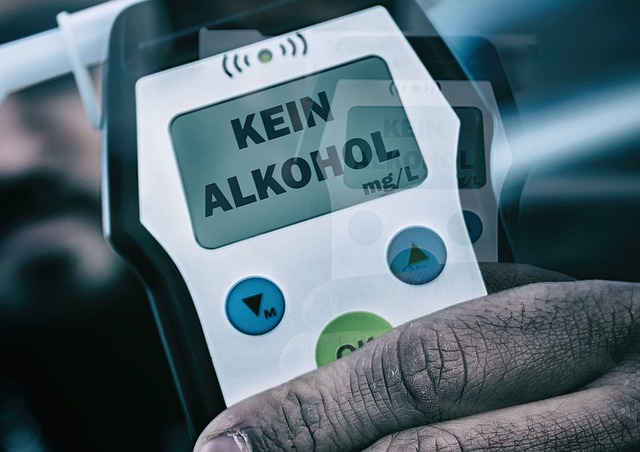Exploring alternative transit options like ride-sharing, public transport, or bike-sharing is essential for adhering to Drug Interaction and DUI Laws while prioritizing safety and health. Understanding drug interactions can prevent adverse side effects, while knowing DUI Law helps avoid legal consequences and ensures road safety. Choosing safe alternatives to driving reduces personal risk, offers environmental benefits, and supports a future without DUI-related incidents or drug interaction issues. Researching each service's safety measures, reading reviews, and understanding emergency protocols are key to making informed decisions that benefit both individuals and society.
“In today’s world, understanding safe transit alternatives is crucial, especially with the growing awareness of drug interactions and their impact on driving under the influence (DUI) laws. This article explores these two critical aspects, offering a comprehensive guide for making informed decisions regarding alternative transportation.
We’ll delve into how to navigate drug interactions that may affect your abilities, while also highlighting safe transit options available. Additionally, we provide best practices to ensure your safety when choosing alternative means of travel, focusing on the intersection of Drug Interaction and DUI Law.”
- Understanding Drug Interactions and DUI Laws
- Exploring Safe Alternative Transit Options
- Ensuring Safety: Best Practices for Choosing Alternative Transportation
Understanding Drug Interactions and DUI Laws

Understanding drug interactions and DUI laws is crucial when considering alternative transit safe options. Drug interactions refer to how different substances, whether prescription medications or illicit drugs, affect each other when taken simultaneously. This can alter the effectiveness of one or both drugs or even cause adverse side effects, posing significant safety risks while driving.
DUI laws, on the other hand, strictly regulate operating a vehicle under the influence of drugs or alcohol. Even trace amounts of drug metabolites in one’s system can lead to legal consequences and endanger others on the road. Therefore, it’s essential to be aware of potential drug interactions before choosing alternative transit methods, ensuring compliance with DUI laws for the safety of everyone involved.
Exploring Safe Alternative Transit Options

Exploring Safe Alternative Transit Options is more than just a convenience; it’s a crucial aspect of navigating modern life, especially for those mindful of their health and legal standing under Drug Interaction and DUI laws. Traditional modes of transportation like driving under the influence (DUI) not only pose significant risks to personal safety but also have severe legal repercussions. Therefore, considering alternative transit safe options is both responsible and proactive.
These alternatives range from ride-sharing services to public transportation and even innovative solutions like bike-sharing programs. Each option offers a unique blend of convenience, cost-effectiveness, and safety. For instance, ride-sharing apps provide a reliable way to commute without the burden of ownership or the legal complications of DUI. Public transit, on the other hand, reduces individual carbon footprints while offering a safe, controlled environment free from Drug Interactions. By embracing these alternatives, individuals can ensure their safety, respect the law, and contribute to a greener future.
Ensuring Safety: Best Practices for Choosing Alternative Transportation

When considering alternative transit options, safety should always be the top priority. This is especially crucial in regions with strict Drug Interaction and DUI laws. Thoroughly researching and understanding the safety measures implemented by each alternative transportation service is essential before making a choice. Look for companies that emphasize driver training, regular vehicle maintenance, and advanced safety technologies such as collision avoidance systems and real-time monitoring.
Best practices include checking reviews from previous users to gauge the reliability and professionalism of the service provider. Additionally, verifying insurance coverage and emergency response protocols can offer peace of mind. Remember, opting for a safe alternative transit solution not only ensures your well-being but also helps uphold the integrity of traffic laws, promoting road safety for everyone.
In understanding drug interactions and DUI laws, it’s clear that choosing safe alternative transit options is crucial. By exploring and adopting best practices for alternative transportation, individuals can ensure their safety while adhering to legal obligations. Incorporating these strategies into daily life promotes responsible decision-making, fostering a safer environment for everyone on the road.






